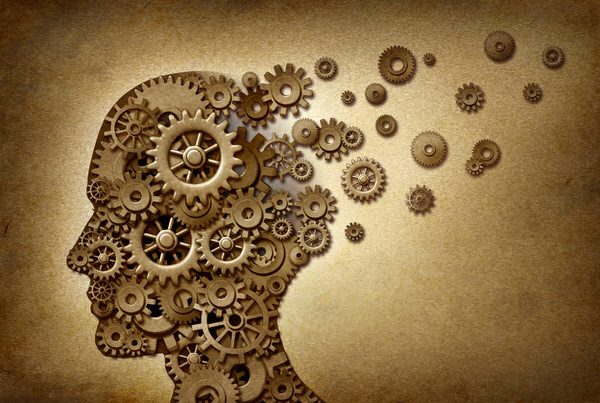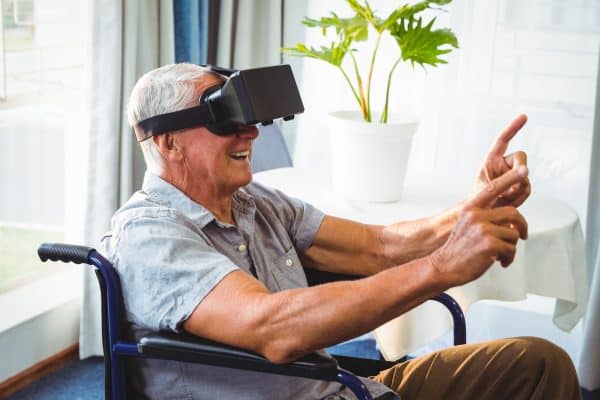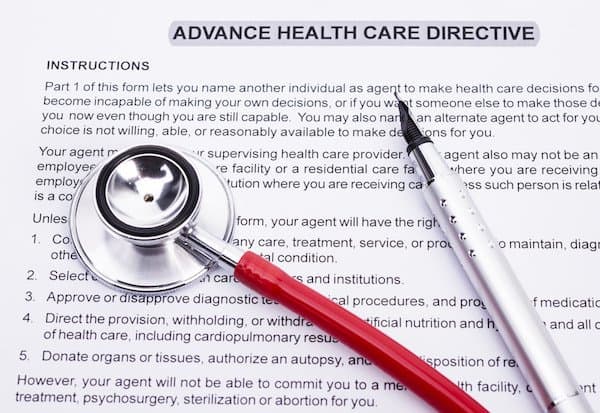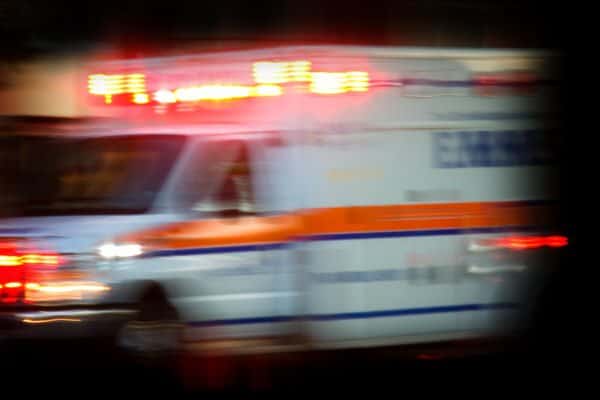Have you noticed? Covid is over. Finished. The national emergency is history. Most people in the US have gone on with their lives. Stopped masking, stopped pumping hand sanitizer at building entrances. Personal and business travel is up. We’re resuming our regular behavior post-Covid. Life is back to normal.
Only it’s not.
Especially for immunocompromised people like me, the post-Covid path is unclear. Vaccines and near herd immunity allow most people in the US to speed ahead as Covid recedes in their rearview mirror. But for people like myself, vaccination hasn’t necessarily helped the body produce antibodies to the virus. I hope that being fully vaccinated will enable me to fight Covid if I get it, but no one knows for sure.
Here are my thoughts on behavior post-Covid.

It’s about me
In the best sense of American individualism and tolerance, Covid has taught us to look out for ourselves. And (hopefully) we don’t judge others if their decisions are different from our own.
Although I’m not the only person still using a mask in grocery stores, church, and other indoor places with lots of people, there are fewer and fewer of us. Sometimes I feel weird wearing a mask. I worry that others will think I’m out of touch, or worse, that I’m paranoid. And I’m not even sure I’m helping myself. How much protection does a mask provide me if no one else is wearing one?
Guard my own health
Yet the pandemic has taught me to do what I think is right for me, even when it seems odd compared to others’ behavior. People might look strangely at me, but I do what I think is right given my own health situation.
Sometimes this is hard. I feel like I’m back in high school, making decisions in the face of peer pressure. Wishing I could just fit in. I have to remind myself that actually, I don’t fit in. I have a weaker immune system than most people do.
My post-Covid behavior “rules”
To make my choices simpler, I set up a few “rules” for my post-Covid behavior. My husband also follows them because he’s in close contact with me. For example:
- We mask in indoor public places
- We avoid large crowds
- We wear masks in airports and on planes
- We wash our hands when we get home
- We don’t bother with masks when we dine out or see friends at home
Rules like these help me put my behavior post-Covid on autopilot. I don’t evaluate the health risk of each situation but merely stick to my plan.
Don’t judge my choices and I won’t judge yours
My personal guidelines aren’t perfect, and I don’t practice them perfectly, either. At the same time, they help me feel I’m doing what I can to protect myself while still rejoining the larger world.
I may loosen my rules as the weather warms up and Covid case rates continue to fall. But for now, I do what I do and don’t worry about what other folks are doing.
Earlier in the pandemic, I judged people who flaunted mask mandates harshly. I considered those who wore masks below their noses or used them as chin warmers to be selfish, ill-mannered — even stupid.
But now I’m learning to let it go. I’m trying to take responsibility for myself and not to worry about others’ choices.
Obviously, this is a good lesson for more parts of life than just Covid. Not so easy to do, though!
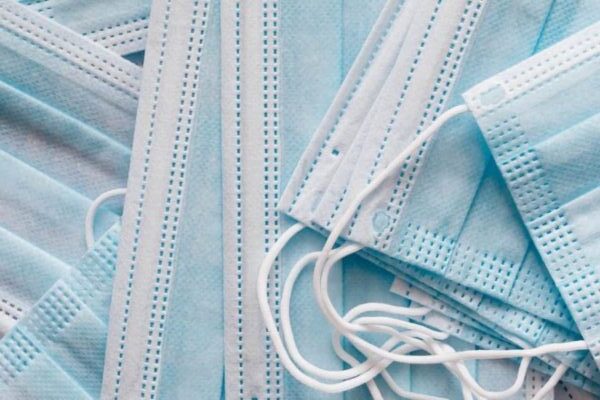
But wait: it’s not about me
At the same time as I’m owning responsibility for the choices I make to guard my health, I want to look beyond my personal concerns and care for the more vulnerable among us. I like to think I’m masking not only to protect myself but also to provide an additional layer of protection for the shopkeeper, the cashier, and others whose jobs require them to be in daily contact with the public.
Covid’s legacy of loss
There’s no denying the fact that Covid has killed over 1 million people in the US and over 6.8 million worldwide. It’s taken away countless grandparents, parents, spouses, siblings, and friends. Hundreds of thousands of people haven’t lived long enough to see their grandchildren grow up or to meet their great-grandchildren.
It’s right to celebrate the technological miracle of vaccination and its corresponding reduction in case rates and illness severity. Still, technology can’t bring back the people who died. As much as we want to move on with our lives, many of us do so with sadness for the ones we lost.
Dilemma for behavior post-Covid
The pandemic changed people’s lives in ways we are still discovering. Everyone wants to put it behind us. Yet there are still vulnerable people in our midst. People with chronic health conditions, long-term care residents and cancer survivors are at greater risk from Covid infection, even if fully vaccinated. Additionally, the American Medical Association (AMA) defines organ transplant recipients, those undergoing chemotherapy and folks with autoimmune diseases as “immunocompromised” due to medications they take that weaken their bodies’ immune systems.
The AMA estimates that 2.7% of the US population, or 7 million people, are immunocompromised due to drug regimens. This is in addition to other folks who have chronic health conditions, complications of old age or previous cancer. I refer to both these types of people with weakened immune systems as immunocompromised. Without knowing it, you probably interact regularly with people in both categories.
Those of us with weakened immune systems feel a little left behind as others move forward into a post-Covid world. We have the sense that protecting our health is mostly up to us. We don’t blame others for being sick of masks. We’re sick of masks, too. But we can’t afford to throw precautions aside — there may be serious consequences.
Greater sense of shared responsibility
Recently I was exposed to Covid. Fortunately, I didn’t contract the virus, but I did choose to observe the CDC’s recommendation to mask around others for 10 days when indoors, and I canceled appointments out of concern that I might expose someone else. I actually felt more motivated to wear a mask for these 10 days than I did when protecting only myself. Even though many have said the virus is no worse than a bad cold, I didn’t want to be the cause of anyone’s illness.
I valued experiencing a greater sense of responsibility for others. It felt good to take a simple action that might protect someone else. Usually, I’m masking mostly to protect myself, but this time I was doing something good for my community.
Or was that just how I felt? A noteworthy, albeit controversial, scientific paper published in 2023 questioned masking’s effectiveness on the basis of evidence.
To mask or not to mask?
The respected Cochrane Library performed a systematic review of 78 random-controlled trials conducted between 2009 and 2022. Researchers found that the impact of masking protocols’ on reducing the spread of respiratory viruses such as Covid-19 was uncertain at best. Study authors conceded a “high risk of bias” and “variation in outcome measurements” among the random control trials they analyzed, but nonetheless, they concluded that masks don’t actually slow virus transmission.
In my opinion, the altruistic motivation for masking is relevant mainly if you have symptoms or recent exposure to Covid. If you’re Covid-free, masking doesn’t really benefit others. And yet, the decision of whether or not to mask becomes tricky if you’ve been exposed without knowing it. People generally are infectious for 2 days prior to experiencing Covid symptoms.
If you might have been exposed to Covid, you can mask to protect others. Even if you’re not concerned about infecting other people, you still might choose to mask out of a desire to protect yourself.
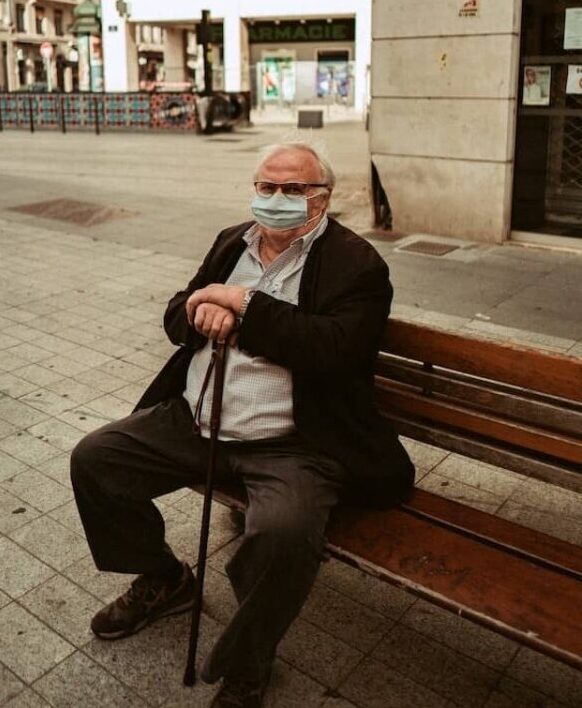
Behavior post-Covid if immunosuppressed
Those of us at higher risk for contracting Covid or with health conditions that mean we could get sicker than average wonder if we can ever stop being careful. Many people, it seems, are now socializing and traveling more than ever, as if they were trying to make up for experiences they missed during three years of pandemic shutdown.
As someone who’s immunocompromised, I sometimes feel like others are so focused on resuming life as they knew it that they’ve lost sight of people like me. For them, CDC guidelines about Covid exposure and testing are just that: guidelines. Consequently, I fear social situations may prove riskier for me now than they were back when everyone exercised caution. Sometimes I think self-isolation might be the only way to stay healthy.
We’re better than this
Yet we have to do better. We can find a way to reconnect with each other while still protecting the health of community members with weaker immune systems. We can maintain our commitment to individualism without neglecting more vulnerable people in our society.
In contrast with government mandates during the height of the shutdown, behavior post-Covid is a matter of individual choice. Each of us has to consider our own interests in light of others’ concerns. And yet, as with many decisions we face each day, there isn’t a path that works for everyone.
How do you balance competing priorities in determining your behavior post-Covid? Let me know in the comments!
Images via Pexels
